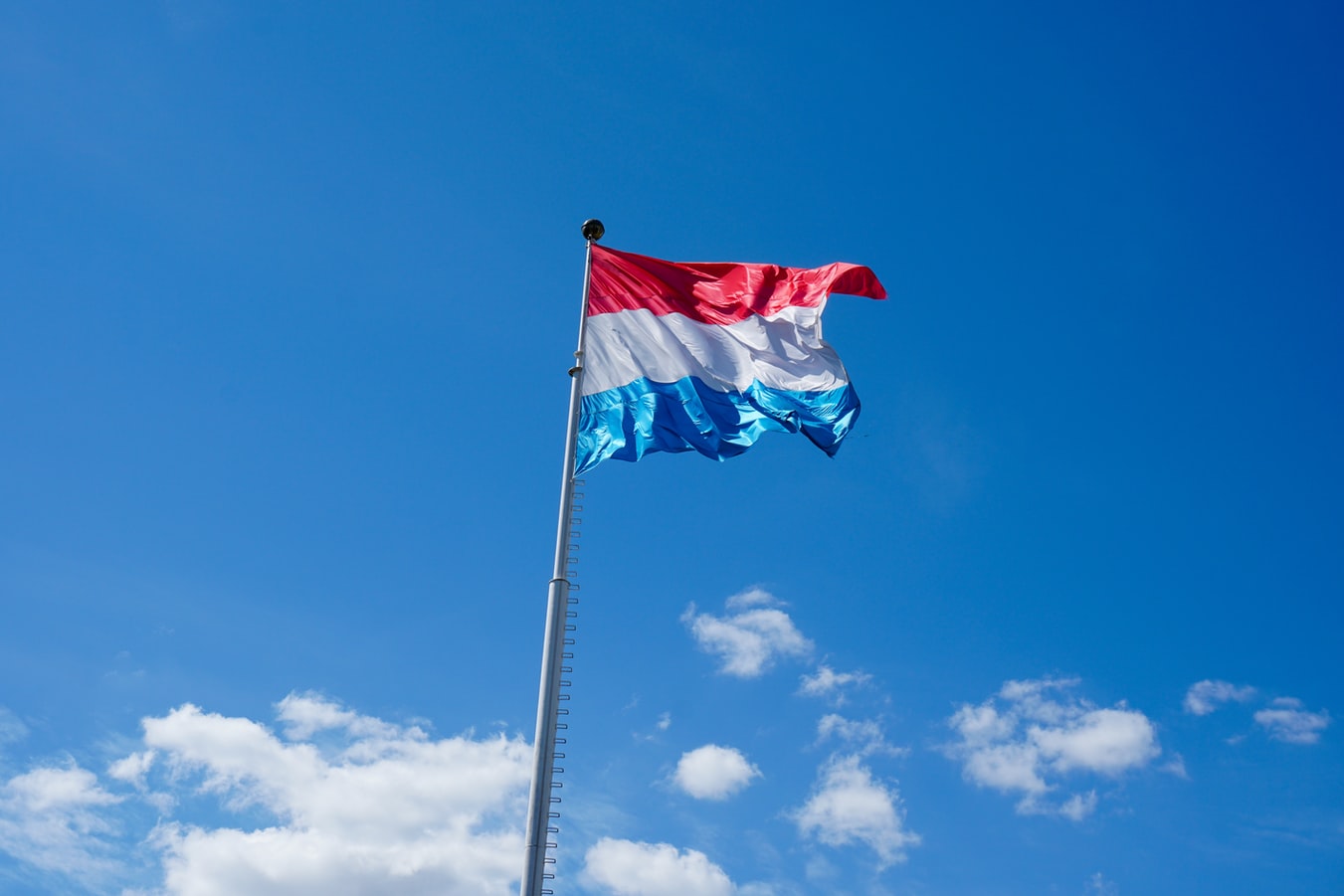
This beautiful European country is situated between Belgium, Germany, and France. Luxembourg is a small country of about 2,586KM2 of rich forests, astounding mountains, and home to over 600,000 people despite its small size. This beautiful country offers some of the finest comprehensive education in all of Europe.
There are a lot of benefits enjoyed by international students in Luxembourg. Even though Luxembourg is a small country, it has become an independent state with one of the most successful education systems in all of Europe. If you are interested in schooling in Luxembourg, We’ll give you an intensive guide on the academic system and other facts you should know as a foreign student schooling in the country.
Academic System
Luxembourg uses one of the most prosperous academic systems in the world. The country boasts high academic standards, well-paid teachers, multiple languages that are accepted and incorporated into the curriculum, and renowned success rates.
Luxembourg is a modern multilingual society that has a mix of Dutch, German, and French cultures. According to the Organization for Economic Co-operation and Development Program, the quality of education in the country surpasses those of other nations.
According to a 2011 report, at least 77% of people in Luxembourg possess an upper secondary education, which is equivalent to high school education. The data from the study exceeds the OECD average of 75%. This makes Luxembourg one of the most educated nations in Europe.
Upcoming generations are also doing a great job in their academics. Over 83% of students between the ages of 25-34 have acquired higher school education.
Most schools are controlled by the state government and are free to all legal residents. School is mandatory for students between ages 4 and 16. Almost all academic institution across the country is a multilingual and teaches in French, German, Luxembourgish, and English. The academic system consists of basic, secondary, and higher education.
Before you can study in Luxembourg as an international student, your secondary school certificate must be recognized and approved by the Ministère de l’Education Nationale. If you are a non-European national, you must possess a valid student visa throughout the stay of your studies and possess an intermediate understanding of either French or German if you want to attend classes held in these languages.
Depending on your nationality, you may not need a travel visa to study in Luxembourg. If you are a citizen of any EU/EEA country, you will not need to obtain a student visa to migrate to Luxembourg for studies. If you are from any other country outside the EU, you must possess a travel visa before can study here.
Fundamental education (enseignement fondamental)
The fundamental education system was introduced on the 21st of January 2009. It consists of preschool and primary school academic training and obligatory from pupils between the ages of 4 and 11. It is made up of 4 cycles [equivalent to school years].
Secondary education [Lycée classique]
Student attends secondary schools to further their education and prepare them for university training. The oldest secondary school in the country is the Athénée de Luxembourg was established in 1603. Classical secondary education lasts for 7 years and all successful students are awarded a Diplôme de fin d’études Secondaires Classiques(DFESC), which is a classical secondary school leaving diploma.
Secondary technical education offers different training regimes that can last up to 8 years while vocational training and adult education are embedded in the lifelong-learning framework. The main objective of vocational training is to guide students towards a vocational qualification that can improve the country’s development and foster development.
Most of the schools in this European country are state-run and free. However, some non-public schools exist in the form of international schools and private colleges. Some of these institutions use the same curriculum as state-run schools and award the same diplomas.
Higher Education
Tertiary education in the country is dominated by the University of Luxembourg. It is the only fully-fledged university in Luxembourg. Founded in 2003, tertiary education is also offered in the areas of business, management, arts, sciences, education, law, healthcare…
After successful years of study, successful students are awarded a Diploma, Bachelor’s, Master’s, Ph.D., or Brevet de technicien supérieur (BTS). If you want to further your studies in Luxembourg, you should know that degrees and certificates awarded in other countries are recognized in Luxembourg.
Cost of academic studies
Luxembourg is situated in Europe and adopts the Euro (€) as its currency. The tuition fees you have to pay as a student depend on your course of study and your level of study.
Most students in the country spend between €500 and €900 per year on tuition. For business-related courses, tuition fees are can be up to €3,000 per year. But if you opt to study at a business school, you should expect to spend around €15,000 per year on tuition and other academic expenses.

